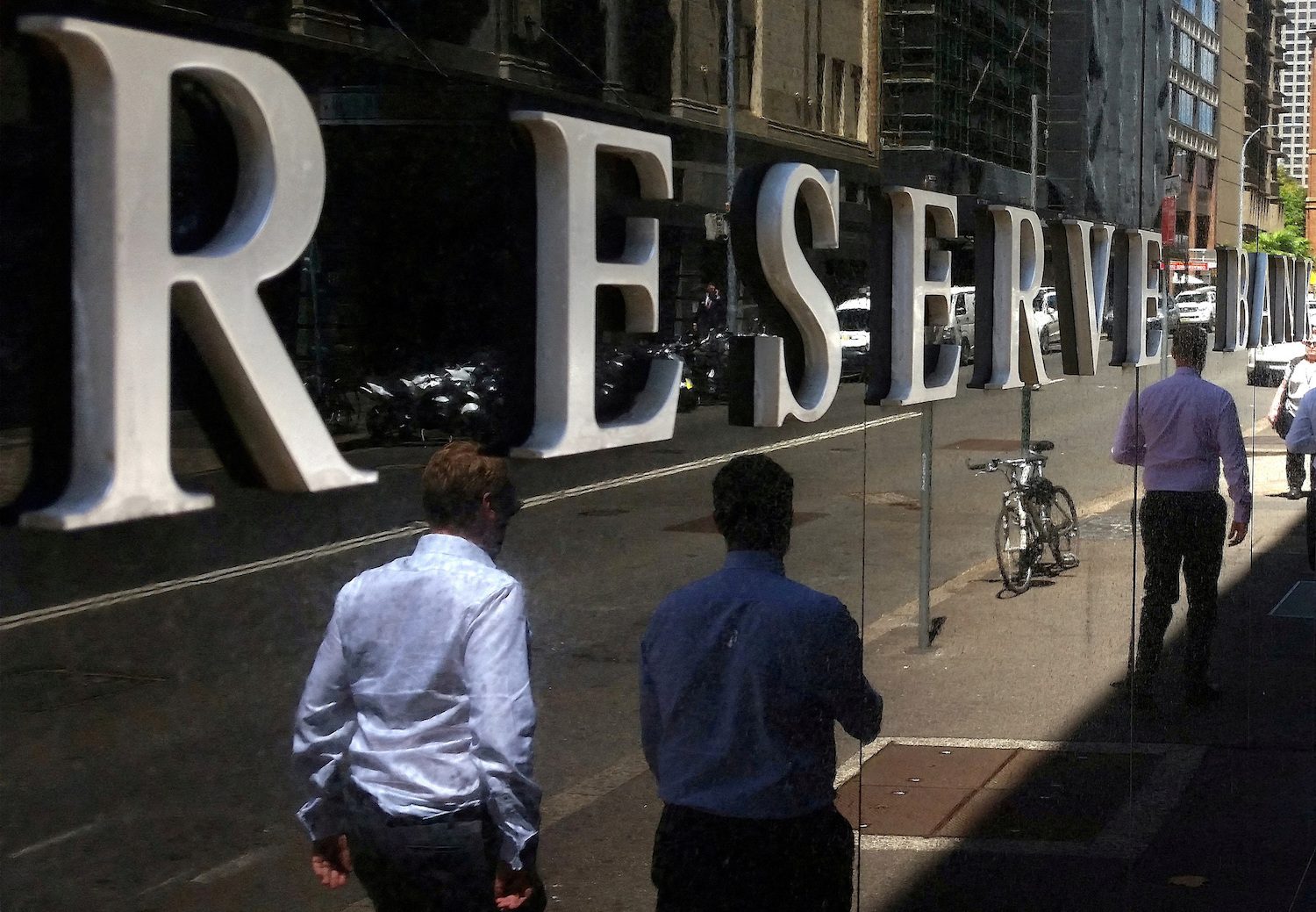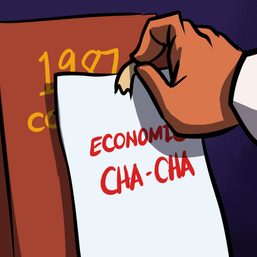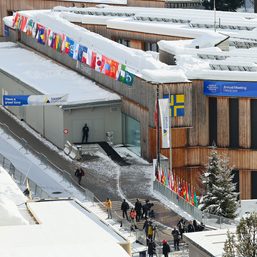SUMMARY
This is AI generated summarization, which may have errors. For context, always refer to the full article.

SYDNEY, Australia – Australia’s central bank is expected to get a new specialist board to manage monetary policy that will give independent expert members more responsibility for setting interest rates, a dilution of the bank’s traditional power over policy.
A 272-page review of the Reserve Bank of Australia (RBA) released on Thursday, April 20, outlined a range of reforms from a more focused policy mandate, to fewer policy meetings and a separate board for the bank’s day-to-day operations.
Importantly for market confidence, the RBA’s new Monetary Policy Board (MPB) would retain its independence from government and its flexible inflation target of 2% to 3%.
It would have a simpler dual mandate of price stability and full employment, bringing it in line with most other major central banks, and aim to be more transparent on policy.
The current mandate is unusual among central banks in having a broad remit for the economic prosperity and welfare of the Australian people.
Treasurer Jim Chalmers indicated in-principle agreement to all 51 of the recommendations made by the review which he set up last July with an eye to making the RBA “fit for the future.”
“The recommendations in the report are about bolstering the independence of the Reserve Bank, not undermining that independence,” Chalmers said in a media conference.
The proposals follow intense scrutiny on the RBA and its chief for sharply hiking rates to fight runaway inflation. Similar criticisms have been leveled against many central banks over the effectiveness of policy communication to markets and the wider public.
RBA Governor Philip Lowe welcomed the review and said the current board would now consider how to implement some of the proposals. The full recommendations are due to be introduced by July next year.
Chief among these was that the RBA’s board be split into one for monetary policy and one for governance, which would have an external chair to oversee operations such as human resources, finance, and technology.
Power shift
The MPB would comprise the governor and deputy governor of the RBA, the treasury secretary, and six external members with expertise of macroeconomics, the financial system, labor markets, and the supply side of the economy.
The current board also has six external members but they tend to be drawn from the business community and the review questioned whether they had enough expertise in economics.
The review recommended the MPB meet eight times a year, instead of the current 11, again more in line with international practice. An unattributable record of voting would be published for the first time, including any points of disagreement.
External members of the current board rarely speak in public and policy communication is the sole purview of the governor and deputy governor.
“It takes some power away from the governor, I think that’s probably the biggest change,” said Sean Callow, a senior currency strategist at Westpac. “It’s essentially been the governor who will tell us what the RBA’s view is.”
“So it would be very interesting if we have some external members who come in and make comments that are not so much in line with what the governor is saying.”
Lowe has come in for much criticism after telling borrowers in 2021 that interest rates were unlikely to rise until 2024.
Instead, inflation surged past expectations and forced the bank to start an aggressive tightening cycle in May last year, lifting rates by a total 350 basis points to 3.6%.
Lowe’s seven-year term ends in September and there is speculation it will not be extended as it was with his two predecessors.
Chalmers said a decision on Lowe’s appointment would be made in the middle of the year. Lowe himself told reporters he would accept another term if offered, but would understand if the government wanted someone else for the job. – Rappler.com
Add a comment
How does this make you feel?










There are no comments yet. Add your comment to start the conversation.